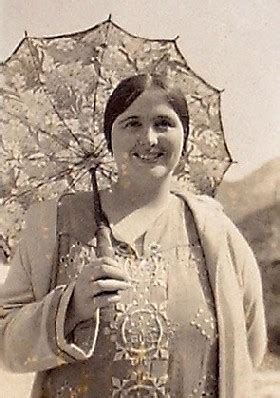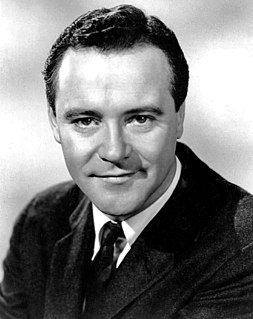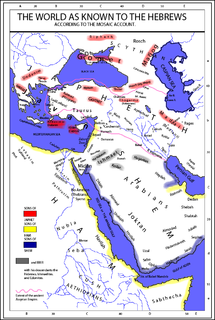A Quote by Lois McMaster Bujold
I need words that mean more than they mean, words not just with height and width, but depth and weight and, and other dimensions that I cannot even name.
Related Quotes
There are times when I can't stop speaking, when a million words leave my mouth in a matter of seconds… a million words that mean nothing… but when I want to find some words that mean everything, I just can't speak. Like: I miss you. Like: I love you. Like: My world is falling apart and I need you by my side.
I used to do miserably in English literature, which I thought was a sign of moral turpitude. As I look back on it, I think it was rather to my credit. The notion of actually putting writers' words into other words is quite ridiculous because why bother if writers mean what they mean, and if they don't, why read them? There is, I suppose, a case for studying literary works in depth, but I don't quite know what 'in depth' means unless you read a paragraph over and over again.
I think I fully commit myself to any role to the extent to which I can. In other words there's some roles that maybe it's just not there, in other words on the page. You know, I mean your job is you need to play the governor and that's what you do. I mean I'm not going to stay up all night if I'm playing a functional role. And I've played a couple of functional roles. And so I'm not going to do anything other, look he's a functional guy. He says hey mister, you forgot your hat.
Acting doesn't have anything to do with listening to the words. We never really listen, in general conversation, to what the other person is saying. We listen to what they mean. And what they mean is often quite apart from the words. When you see a scene between two actors that goes really well you can be sure they're not listening to each other - they're feeling what the other person is trying to get at. Know what I mean?
I've always felt I had more in common with the modernist approach than with postmodernism, but I can see where the connection might arise - and to be honest, I'm no academic, so I tend to use these words, like in Alice In Wonderland, to mean what I want them to mean rather than what they actually do mean.
If I stand alone, It does not mean, I am any less a Human, If my arms do not hold another, It does not mean, They are incapable of holding, If my tongue is silent, And never speaks the words of Love, It does not mean, That it will be mute, When the time comes, That the words can sincerely be spoken. And just because the World, Has not yet introduced, The one that will share my Life, It certainly does not mean, That I am incapable, Of Loving.
I think not in two or three dimensional terms but in five dimensional terms when I consider a novel. There's height, width, and depth, there's the time factor, and then there's the factor which I call the cerebral factor of the reader, the way the reader adjusts to all the other dimensions, which is the fifth dimension.
What drivel it all is!... A string of words called religion. Another string of words called philosophy. Half a dozen other stringscalled political ideals. And all the words either ambiguous or meaningless. And people getting so excited about them they'll murder their neighbours for using a word they don't happen to like. A word that probably doesn't mean as much as a good belch. Just a noise without even the excuse of gas on the stomach.




































